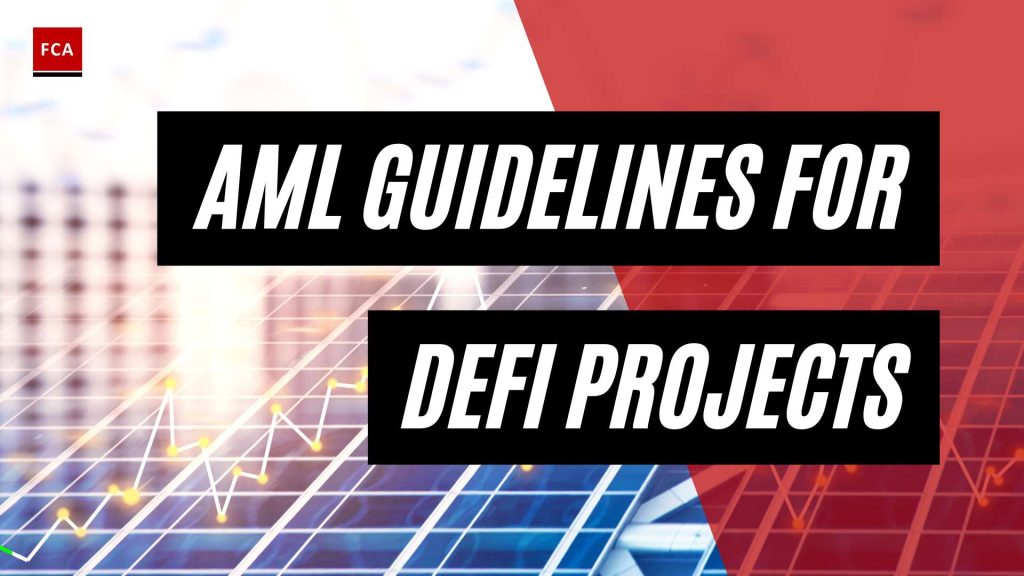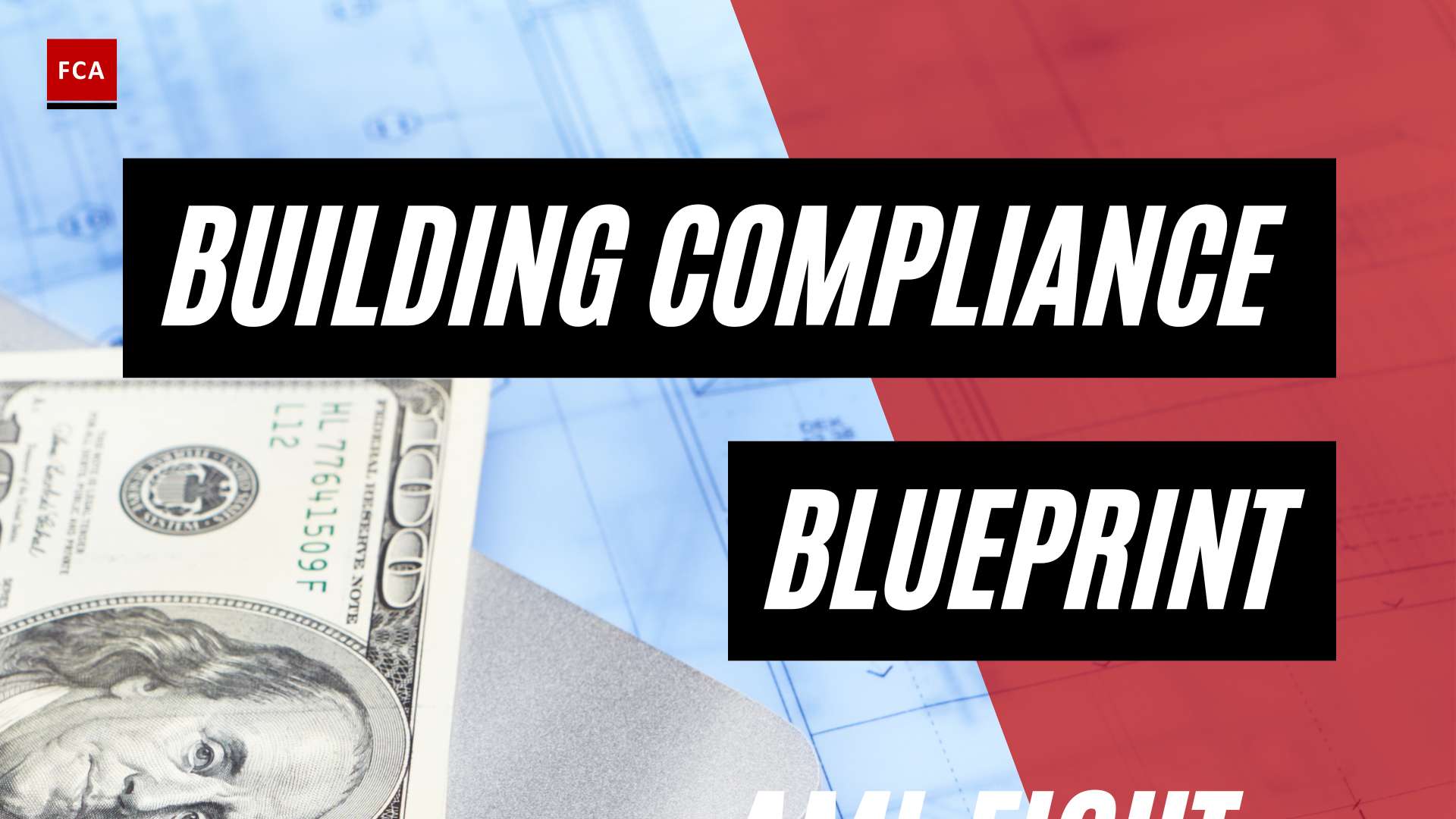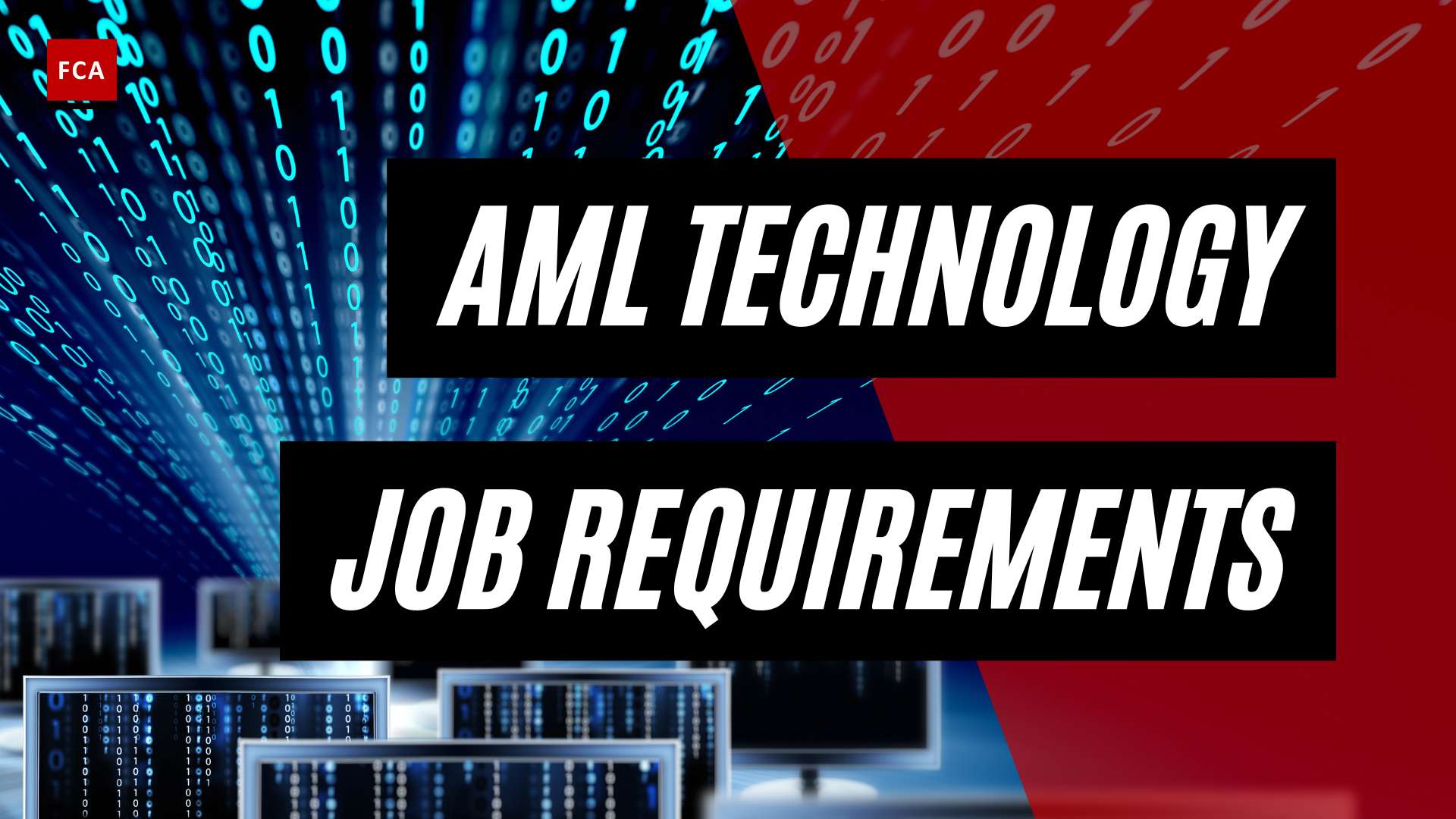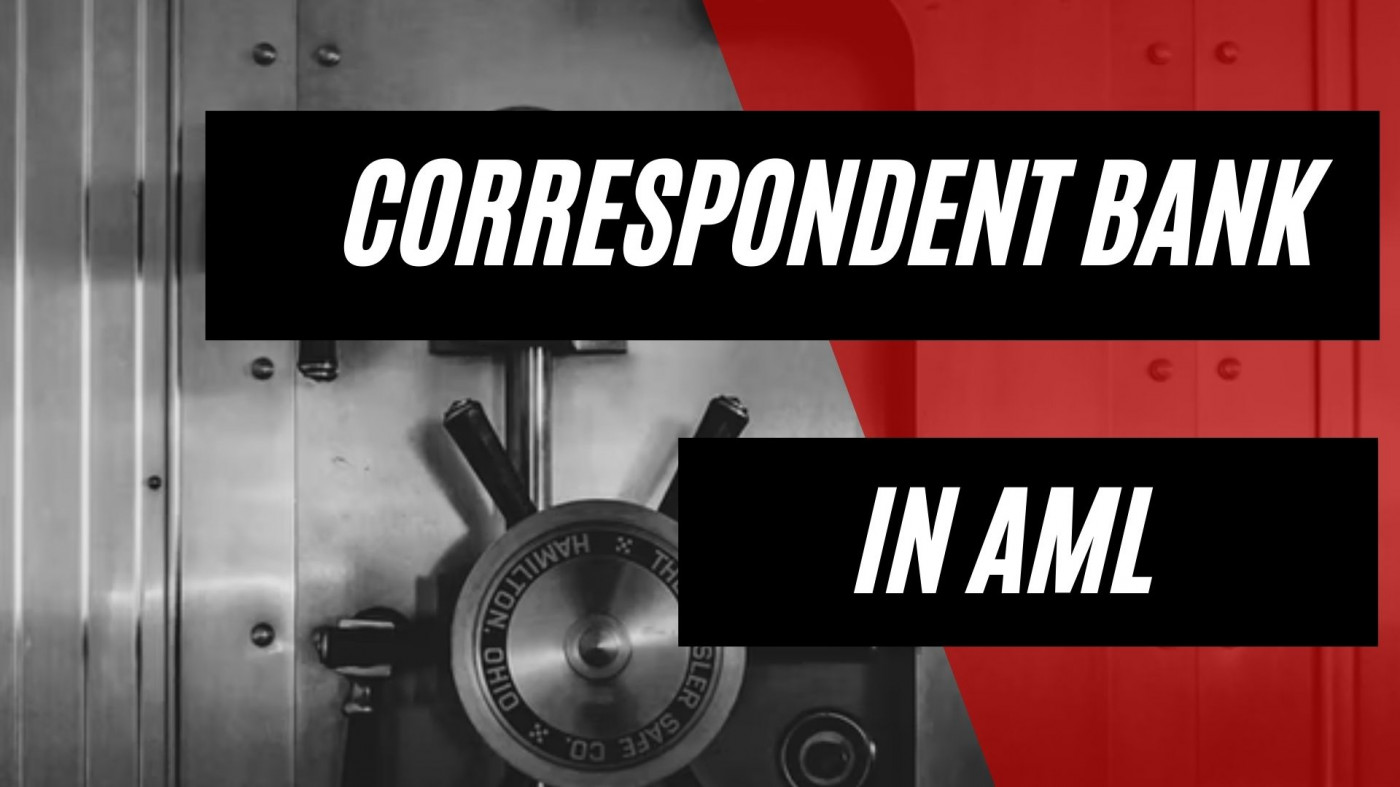Understanding AML in Decentralized Finance (DeFi)
As decentralized finance (DeFi) continues to gain traction, it is important to understand the role of anti-money laundering (AML) regulations within this emerging sector. The rise of DeFi has revolutionized the traditional financial landscape by providing open, permissionless, and decentralized platforms for various financial activities. However, with this innovation comes the need for robust AML measures to mitigate the risks associated with illicit activities.
The Rise of Decentralized Finance (DeFi)
DeFi refers to a range of financial applications and platforms built on blockchain technology that aim to provide decentralized alternatives to traditional financial intermediaries. These platforms enable users to engage in various financial activities such as lending, borrowing, trading, and investing, without the need for intermediaries like banks or financial institutions.
The growth of DeFi has been phenomenal, with an increasing number of users and a surge in the total value locked in DeFi protocols. This exponential growth has attracted attention from regulators and policymakers who recognize the need for appropriate AML regulations to safeguard the integrity of global financial systems against illicit activities.
Need for AML Regulations in DeFi
The decentralized and pseudonymous nature of DeFi platforms presents unique challenges for AML compliance. While DeFi offers numerous benefits, such as increased financial inclusion and accessibility, it also creates opportunities for money laundering, terrorist financing, and other illicit activities.
To ensure the sustainability and legitimacy of the DeFi ecosystem, it is crucial to implement effective AML regulations. These regulations aim to prevent and detect suspicious activities, identify the parties involved in transactions, and ensure compliance with local and international AML laws.
According to a study published in the Journal of Financial Regulation and Compliance, there is a clear need for enhanced AML regulation specific to DeFi to safeguard global financial systems against illicit activities (source). The study highlights the rapid evolution of DeFi and emphasizes the necessity for a robust regulatory strategy to keep pace with this evolving landscape.
Implementing effective AML regulations in DeFi requires striking a balance between innovation and compliance. Regulators, policymakers, and industry participants need to collaborate to develop comprehensive AML frameworks that address the unique challenges posed by decentralized and autonomous financial systems.
In the next sections, we will explore the unique challenges and considerations for AML compliance in DeFi, as well as the guidelines and best practices for DeFi projects to ensure compliance with AML regulations.
Challenges and Considerations for AML in DeFi
When it comes to combating illicit activities and ensuring compliance in the emerging field of decentralized finance (DeFi), there are unique challenges that need to be addressed. These challenges require a delicate balance between innovation and compliance.
Unique Challenges in AML Compliance for DeFi
DeFi presents distinctive challenges in terms of anti-money laundering (AML) compliance. The decentralized and often anonymous nature of transactions in DeFi platforms makes it difficult to track and monitor illicit activities (LinkedIn). Unlike traditional financial systems, where intermediaries play a crucial role in compliance, DeFi operates on decentralized networks, which lack a central authority. This decentralized nature poses challenges for implementing effective AML measures.
To address these challenges, DeFi platforms must implement robust risk-based procedures. This may involve collecting and verifying customer information to ensure compliance with know-your-customer (KYC) requirements. Ongoing monitoring of transactions is essential to identify and report any suspicious activities. DeFi platforms should also establish mechanisms to report such activities to the relevant authorities (KYC-Chain).
Balancing Innovation and Compliance
The rapid evolution of DeFi calls for enhanced AML regulations to safeguard global financial systems against illicit activities (Journal of Financial Regulation and Compliance). However, it is crucial to strike a balance between promoting innovation and ensuring compliance. Overly burdensome regulations could stifle the growth and potential benefits of DeFi.
Regulators and policymakers must adopt a flexible and adaptive approach when formulating AML guidelines for DeFi projects. This involves closely monitoring the evolving landscape of DeFi and keeping pace with technological advancements. Collaboration between industry participants, regulatory authorities, and compliance professionals is crucial to strike the right balance between innovation and compliance.
By finding the middle ground between innovation and compliance, DeFi projects can thrive while effectively addressing AML risks. Establishing a clear legal framework, implementing robust AML procedures, and promoting responsible innovation are vital steps in achieving this balance and ensuring the long-term success of DeFi (LinkedIn).
In the next section, we will explore the AML guidelines that DeFi projects should consider to enhance compliance and mitigate risks in this rapidly evolving landscape. Stay tuned for insights into the regulatory landscape for DeFi and the implementation of KYC measures.
AML Guidelines for DeFi Projects
As decentralized finance (DeFi) continues to gain traction, it is imperative for projects operating in this space to adhere to Anti-Money Laundering (AML) guidelines to combat illicit activities and protect the integrity of the global financial system. Let’s explore the regulatory landscape for DeFi and the importance of implementing Know Your Customer (KYC) protocols.
Regulatory Landscape for DeFi
The rapid evolution of DeFi has highlighted the need for enhanced AML regulations in this sector. A robust regulatory strategy is essential to safeguard global financial systems from illicit activities in the decentralized realm. Regulators worldwide are increasingly recognizing the importance of addressing AML risks in DeFi and are actively exploring frameworks and guidelines to ensure compliance (aml regulations in defi).
DeFi projects should closely monitor and adapt to regulatory developments in their respective jurisdictions. Staying informed about AML requirements and engaging in dialogue with regulatory authorities can help projects navigate the evolving landscape while fulfilling their compliance obligations.
Implementing KYC in DeFi
Know Your Customer (KYC) processes are a crucial component of AML compliance in DeFi. KYC protocols involve verifying the identity of users and collecting essential information to mitigate the risk of money laundering and other illicit activities. While DeFi projects aim to preserve user privacy, effective KYC implementation is increasingly recognized as a responsibility to prevent financial crime in this innovative industry (KYC-Chain).
When implementing KYC in DeFi, projects should carefully balance the need for compliance with user privacy. By collecting only essential information and ensuring data security, projects can build trust among customers while meeting regulatory requirements. It is important for DeFi projects to consider the following when implementing KYC processes:
-
Collect Essential Information: Gather the necessary details to verify the identity of users. This may include personal identification documents, proof of address, and other relevant information.
-
Data Security and Privacy: Implement robust security measures to protect user data and ensure compliance with data protection regulations. Encryption, access controls, and regular audits can help safeguard sensitive information.
-
User Communication and Consent: Clearly communicate the purpose of KYC procedures to users and obtain their consent. Transparency and accountability are vital to maintain trust in DeFi projects.
-
Ongoing Monitoring: Implement procedures to monitor user activities and detect suspicious transactions. Regularly review and update KYC information to ensure its accuracy and relevance.
By adhering to KYC protocols, DeFi projects can demonstrate their commitment to maintaining a secure and compliant environment while fostering trust among users. It is important to consult legal and regulatory experts to ensure compliance with jurisdiction-specific requirements and best practices.
In the evolving landscape of DeFi, proactive compliance and collaboration between DeFi projects and regulatory authorities are essential for the sustainable growth and integrity of the industry. By embracing AML guidelines and implementing effective KYC processes, DeFi projects can contribute to a more secure and trusted decentralized financial ecosystem.
Transaction Monitoring in DeFi
Transaction monitoring plays a crucial role in ensuring compliance with anti-money laundering (AML) regulations in decentralized finance (DeFi). As the popularity of DeFi continues to grow, it becomes essential to track and identify any illicit activities within decentralized systems.
Tracking Illicit Activities in Decentralized Systems
Decentralized systems, such as DeFi platforms, operate without a central intermediary, making it more challenging to monitor and track transactions for potential money laundering or other illicit activities. However, regulatory authorities and industry participants are actively exploring innovative solutions to address these challenges.
To effectively track illicit activities in decentralized systems, advanced technologies and analytical tools are being developed. These tools aim to detect suspicious patterns or behaviors in transactions, such as the rapid movement of funds, high-volume transactions, or connections to known illicit addresses. By leveraging blockchain analytics and data analysis techniques, it becomes possible to identify potential risks and take appropriate actions to mitigate them.
Additionally, collaboration between regulatory authorities, financial institutions, and technology providers is crucial to develop comprehensive transaction monitoring frameworks. Sharing information and expertise can enhance the effectiveness of tracking illicit activities within DeFi platforms and contribute to a safer ecosystem.
Compliance Challenges for Regulatory Authorities
Regulatory authorities face unique compliance challenges when it comes to AML in DeFi. The decentralized nature of DeFi platforms makes it difficult to apply traditional AML frameworks designed for centralized financial systems. Regulatory authorities need to adapt their approaches to account for the unique characteristics of decentralized systems.
One of the key challenges is the implementation of the Travel Rule, as highlighted by the Financial Action Task Force (FATF) in its 2021 guidance (U.S. Department of the Treasury). The Travel Rule requires virtual asset service providers (VASPs) to share customer information during transactions above a certain threshold. However, in decentralized systems, where transactions occur directly between users, the lack of a central intermediary poses challenges for compliance with the Travel Rule.
Regulatory authorities are actively exploring solutions to address these challenges. This includes collaborating with industry participants to develop new standards and technologies that facilitate compliance while preserving the decentralized nature of DeFi. The goal is to strike a balance between regulatory requirements and the innovative potential of DeFi, ensuring that AML regulations are appropriately applied without stifling technological advancements.
By addressing the unique compliance challenges of AML in DeFi and developing effective transaction monitoring mechanisms, regulatory authorities can contribute to the integrity and stability of the DeFi ecosystem.
For more information on AML guidelines for DeFi projects, please refer to our section on AML Guidelines for DeFi Projects.
Role of Financial Institutions and Regulators
In the realm of decentralized finance (DeFi), the role of financial institutions and regulators is essential in ensuring compliance with anti-money laundering (AML) regulations. It is crucial for all stakeholders to understand the position of regulatory bodies and engage in proactive measures to meet compliance obligations.
FinCEN’s Position on DeFi
According to a note issued by the Financial Crimes Enforcement Network (FinCEN) in May 2019, developers and participants in decentralized finance protocols can be considered money transmitters and may be subject to Bank Secrecy Act (BSA) requirements (U.S. Department of the Treasury). This position emphasizes the need for compliance with AML regulations in the DeFi space.
Financial institutions, including banks and virtual asset service providers (VASPs), play a significant role in facilitating transactions and providing services to individuals and entities involved in DeFi projects. It is crucial for these institutions to understand the potential AML risks associated with DeFi and implement appropriate measures to mitigate them.
Engaging with Regulators and Compliance Obligations
To ensure compliance in the DeFi space, developers of decentralized applications (dApps) and DeFi protocols are advised to consider AML and countering the financing of terrorism (CFT) obligations from the initial planning stages to the operational phase. It is essential to have sufficient compliance built-in at each step of the project lifecycle (U.S. Department of the Treasury).
Engaging with regulators early and often is crucial for DeFi developers and participants. Proactively seeking clarity on regulatory obligations demonstrates a commitment to compliance and a willingness to work with authorities to address AML and CFT concerns. By engaging with regulators, DeFi projects can contribute to the development of regulatory frameworks and guidelines that are tailored to the unique characteristics of decentralized finance.
Financial institutions and regulators have a shared responsibility to ensure the integrity of the financial system while fostering innovation in the DeFi space. Collaboration between these entities is essential to strike a balance between encouraging technological advancements and maintaining effective AML controls.
As the DeFi landscape continues to evolve, financial institutions and regulators must stay vigilant, adapt to emerging trends, and update regulatory frameworks accordingly. Proactive compliance measures and ongoing collaboration between stakeholders will be critical in addressing AML risks and ensuring a robust and compliant decentralized financial ecosystem.
For more information on AML guidelines for DeFi projects, regulatory landscapes, and best practices for implementing Know Your Customer (KYC) measures, refer to our related articles on aml guidelines for defi projects, aml compliance in decentralized finance, and aml procedures in defi transactions.
Future of AML in DeFi
As the landscape of decentralized finance (DeFi) continues to evolve, so do the challenges and considerations surrounding anti-money laundering (AML) compliance. The future of AML in DeFi hinges on addressing emerging trends and fostering proactive compliance and collaboration.
Evolving Landscape of DeFi
DeFi has gained significant traction in recent years, offering innovative financial solutions built on blockchain technology. However, the rapid growth of DeFi platforms brings with it new risks and challenges in terms of AML compliance. Anonymity, security vulnerabilities, and cross-border transactions are among the inherent risks associated with DeFi protocols, as highlighted by the U.S. Department of the Treasury.
To effectively combat money laundering and other financial crimes in the evolving DeFi landscape, it is crucial for DeFi companies to stay abreast of emerging risks and adapt their AML measures accordingly. This includes implementing robust AML tools, procedures, and policies tailored to the unique characteristics of DeFi platforms. By continuously evaluating and enhancing their AML frameworks, DeFi projects can mitigate the evolving risks and ensure compliance with regulatory requirements.
Proactive Compliance and Collaboration
Proactive engagement with regulators is essential for the future of AML in DeFi. DeFi developers and participants should seek clarity on regulatory obligations and engage with authorities early and often, demonstrating a commitment to compliance and a willingness to address AML and counter the financing of terrorism (CFT) concerns. This collaborative approach will help foster a regulatory environment that promotes innovation while safeguarding against financial crime, as emphasized by the U.S. Department of the Treasury.
In addition to engaging with regulators, DeFi companies should prioritize proactive compliance efforts. This includes implementing know your customer (KYC) procedures to verify the identities of users and assess their risk levels. By striking a balance between KYC processes and user privacy, DeFi platforms can build trust among customers in a competitive market, as recommended by KYC-Chain.
A risk-based approach to KYC is crucial for scalability and resource optimization. DeFi companies should assess the risk level of each customer and apply appropriate measures accordingly, ensuring compliance goals are met in a scalable manner, as highlighted by KYC-Chain.
By embracing proactive compliance measures and fostering collaboration with regulators, DeFi projects can navigate the evolving landscape of AML in DeFi. This collaborative approach will help build a robust and compliant DeFi ecosystem that promotes financial innovation while effectively mitigating the risks of money laundering and other financial crimes.









